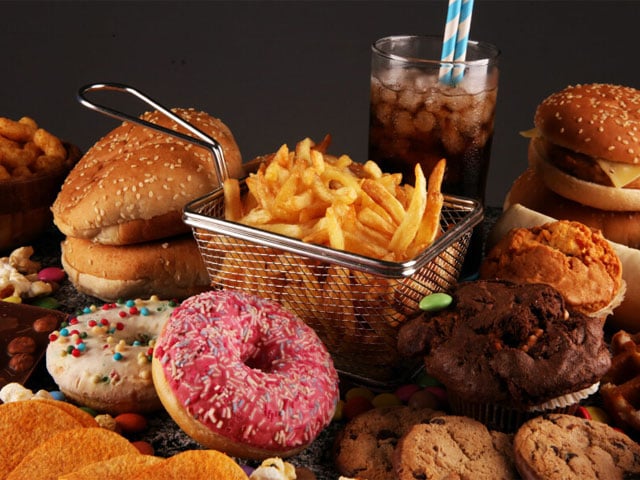Bristol: Despite studies linking ultra-processed foods to increased risks of ill health and cancer, the trend has accelerated over time.
Recently, in a new study, these foods rich in additives, preservatives and sweeteners have been linked to three different diseases.
A team of researchers from the UK’s University of Bristol and the International Agency for Research on Cancer (IARC) found in a study that high consumption of ultra-processed foods can increase the risk of cancer in the upper aerodigestive tract (respiratory and (the upper part of the esophagus) is associated with increased risk of cancer.
These types of cancer include mouth, throat and esophagus cancer.
In the study, the researchers reviewed the diet and lifestyle data of 450 thousand 111 people for a period of 14 years.
The study, published in the European Journal of Nutrition, sought to determine whether these types of cancer could be explained by increased body fat.
The study found that a 10 percent increase in consumption of ultra-processed foods increased the risk of head and throat cancer by 23 percent and the risk of esophageal cancer by 24 percent.
Increased body fat provided little information on the relationship between consumption of ultra-processed foods and these three types of cancer, the researchers said.
According to the study’s lead author Fernanda Morales-Burstein, although ultra-processed foods cause weight and body fat gain, the association between these foods and cancers of the upper aerodigestive tract was found to be related to body mass index and waist-to-hip ratio. Not found.
(function(d, s, id){
var js, fjs = d.getElementsByTagName(s)[0];
if (d.getElementById(id)) {return;}
js = d.createElement(s); js.id = id;
js.src = “//connect.facebook.net/en_US/sdk.js#xfbml=1&version=v2.3&appId=770767426360150”;
fjs.parentNode.insertBefore(js, fjs);
}(document, ‘script’, ‘facebook-jssdk’));
(function(d, s, id) {
var js, fjs = d.getElementsByTagName(s)[0];
if (d.getElementById(id)) return;
js = d.createElement(s); js.id = id;
js.src = “//connect.facebook.net/en_GB/sdk.js#xfbml=1&version=v2.7”;
fjs.parentNode.insertBefore(js, fjs);
}(document, ‘script’, ‘facebook-jssdk’));



